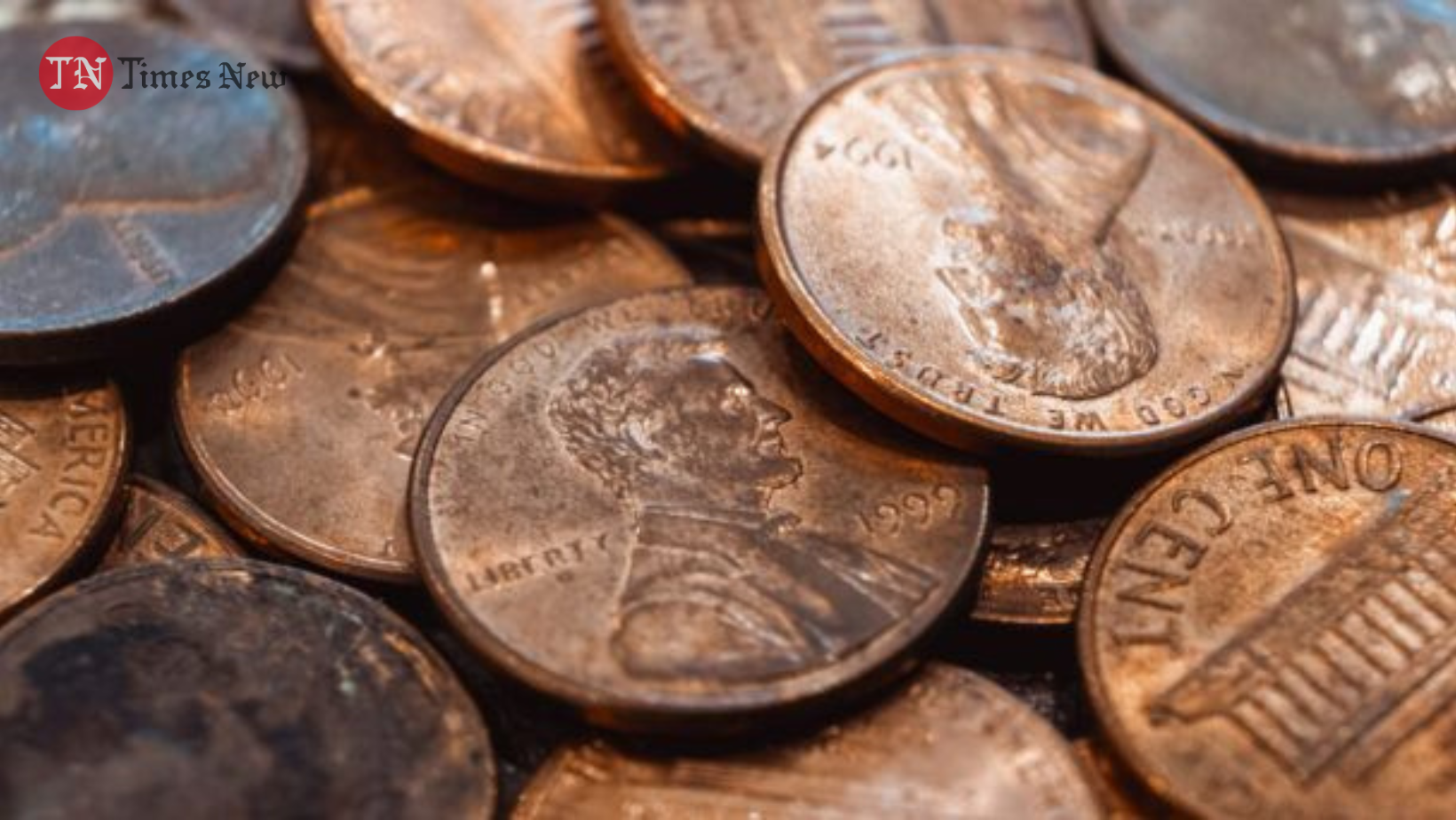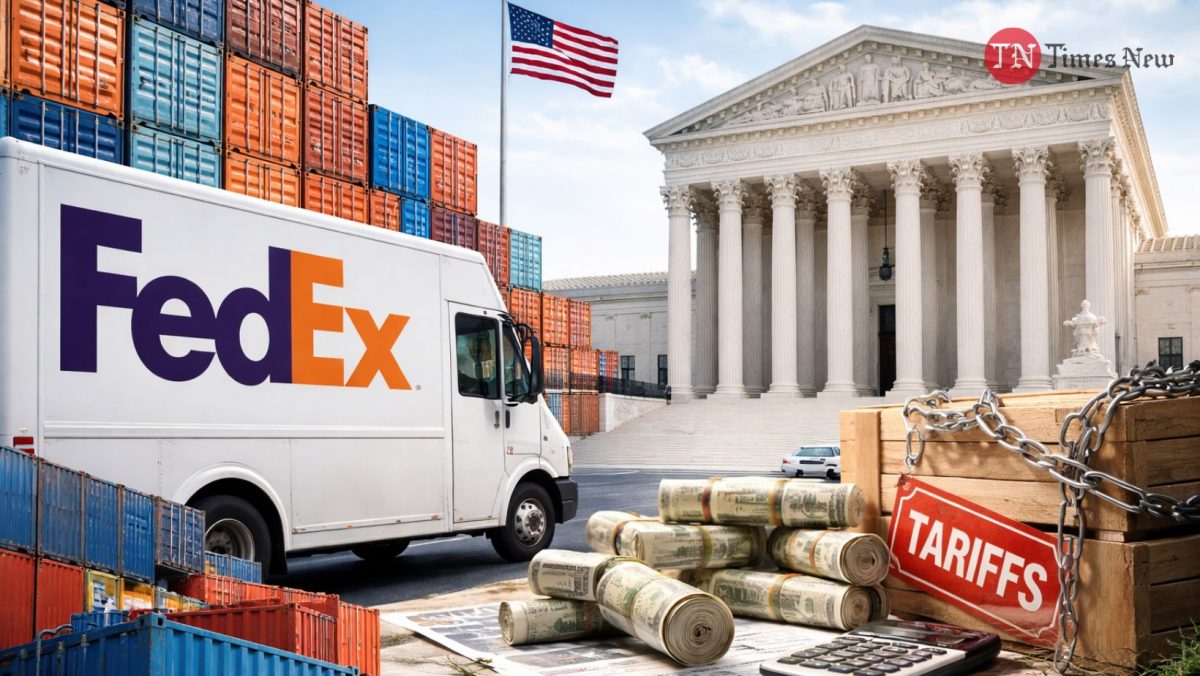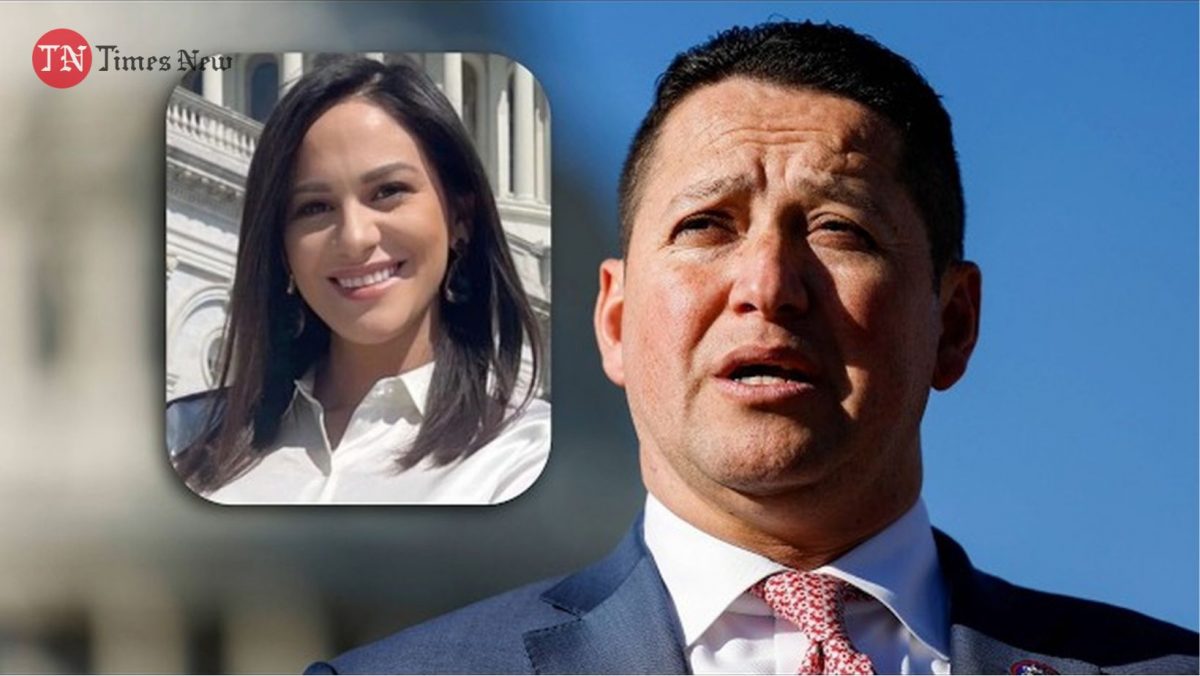
Retailers across the United States are struggling to adapt after President Donald Trump’s decision earlier this year to halt production of the one-cent coin, leaving stores short on change and unsure how to handle cash transactions. The sudden disappearance of pennies has forced gas stations, grocery stores, and restaurant chains to round down prices or seek customer cooperation, potentially cutting into profits. The National Retail Federation (NRF) said the shortage has affected retailers nationwide, with many reporting frustration over the lack of federal guidance.
Major convenience chains such as Sheetz, Kwik Trip, and Love’s Travel Stops have begun posting notices informing customers about rounding adjustments and encouraging cashless payments. Kwik Trip, which operates 850 stores in the Midwest, now rounds cash transactions down to the nearest nickel, while other retailers like Kroger and CVS are asking customers to provide exact change. The Treasury Department has not issued any formal instructions, leaving businesses to develop their own interim policies. The NRF and other trade groups are urging Congress and the administration to standardize rounding rules to prevent legal and financial confusion.
While several countries including Canada and Australia successfully eliminated their lowest-value coins, the U.S. faces additional complications due to state laws that require retailers to provide exact change on cash purchases. Despite the challenges, the Treasury estimates that ending penny production—each coin costing 3.69 cents to make—will save about $56 million annually. With roughly 114 billion pennies still in circulation but rarely used, many Americans see the coin’s end as overdue. “I really don’t think people will care to see them gone,” said Pennsylvania resident Sandy Berger.
Pic Courtesy: google/ images are subject to copyright









